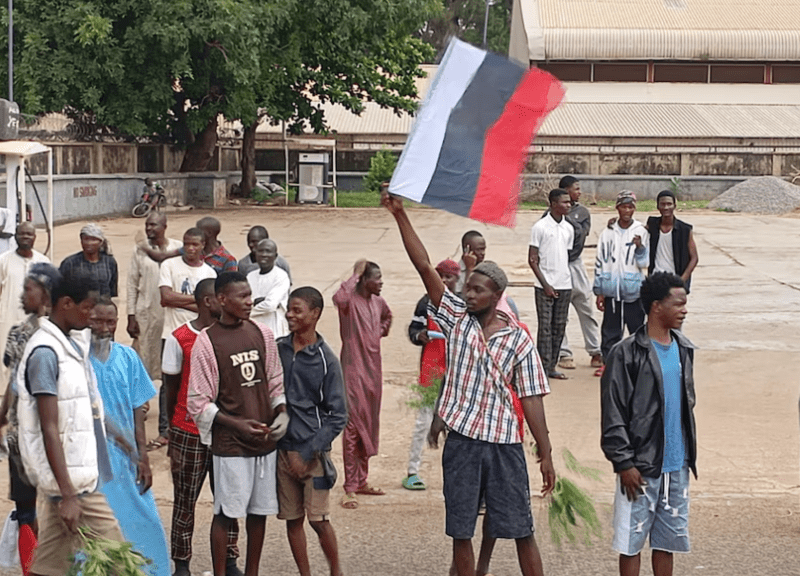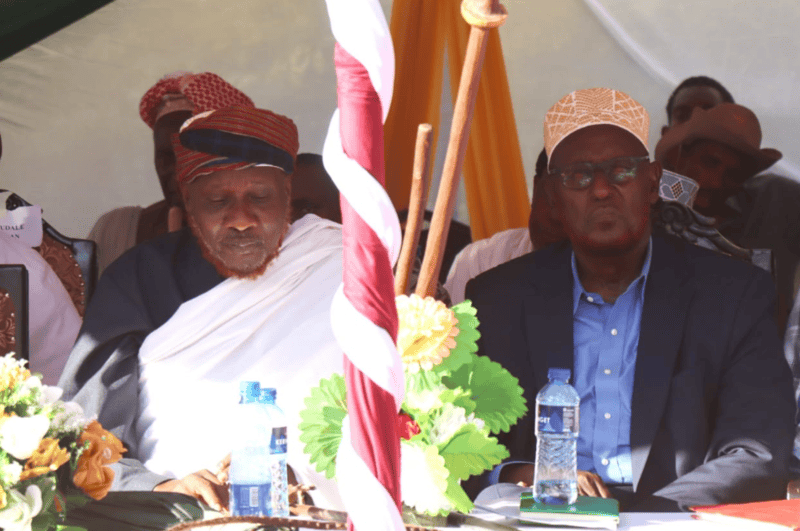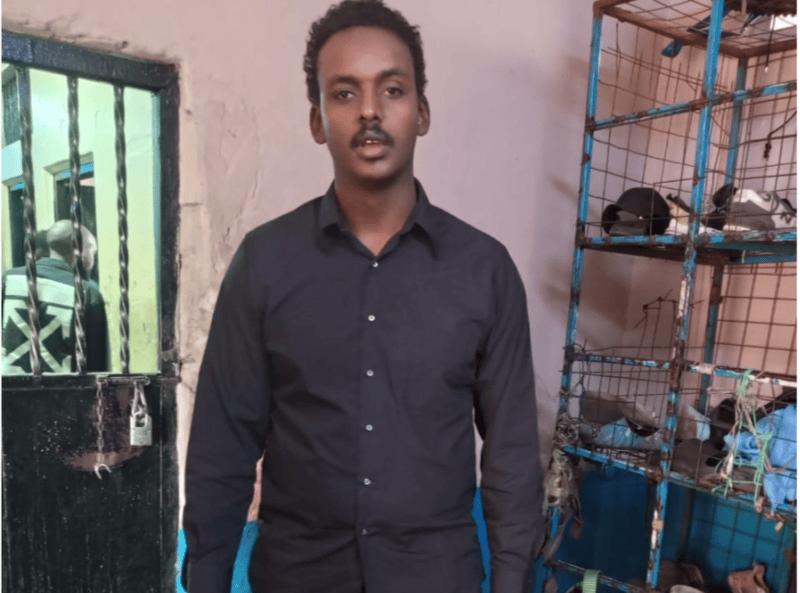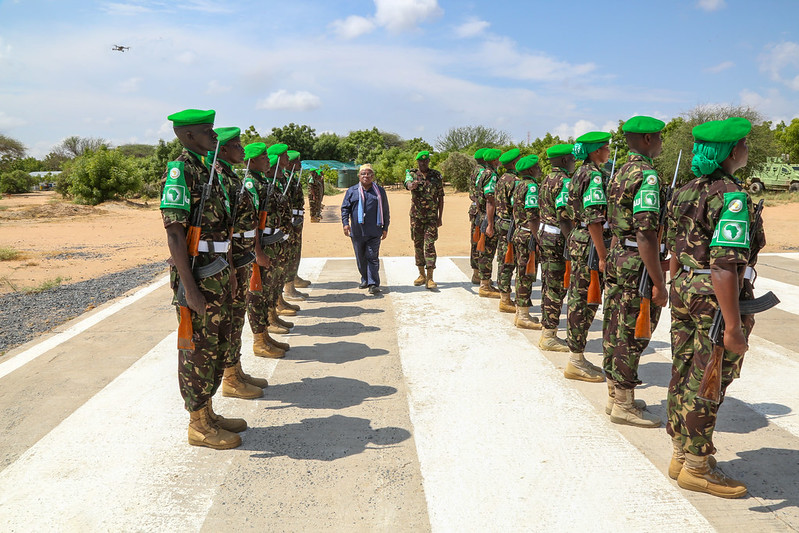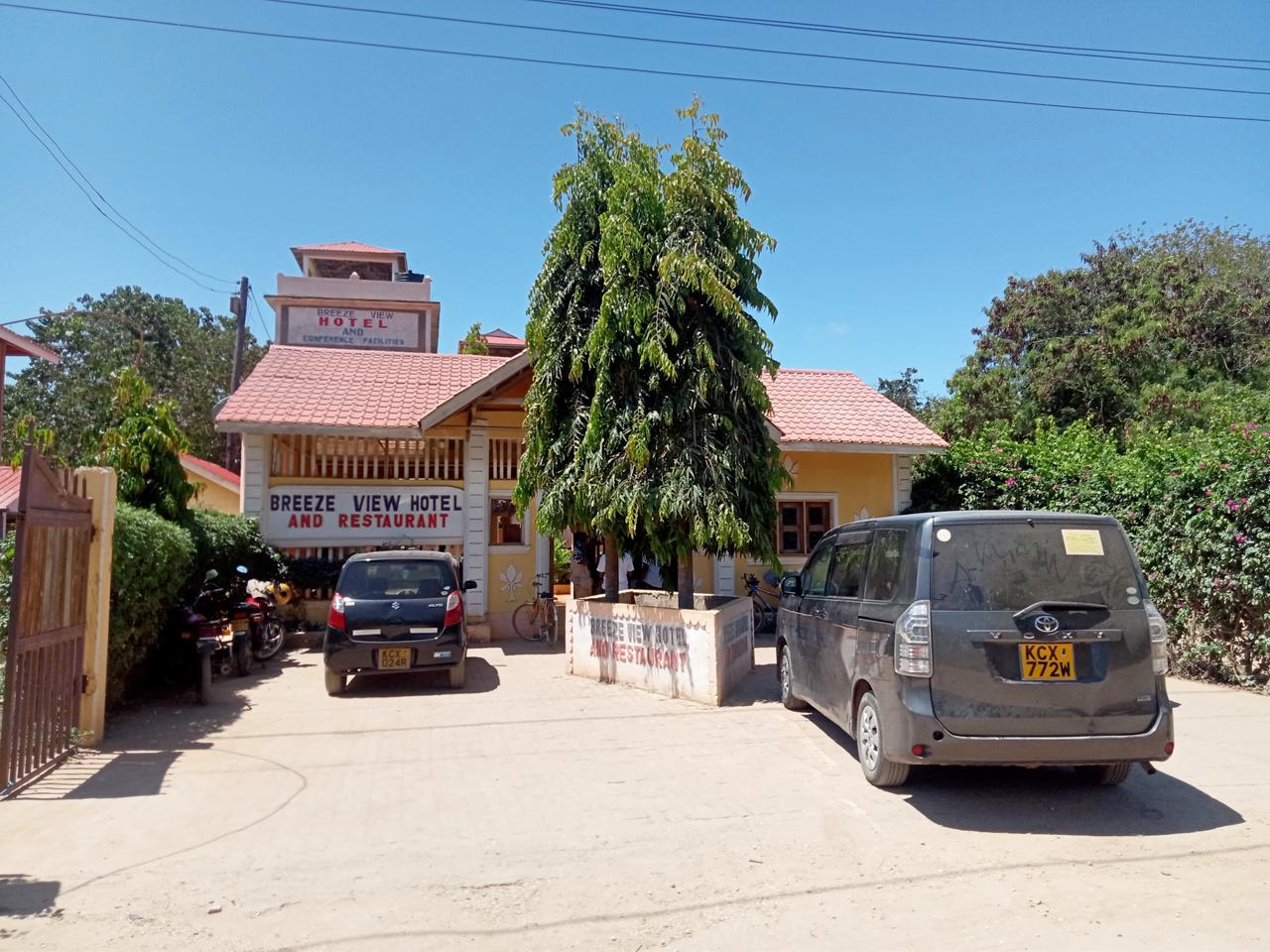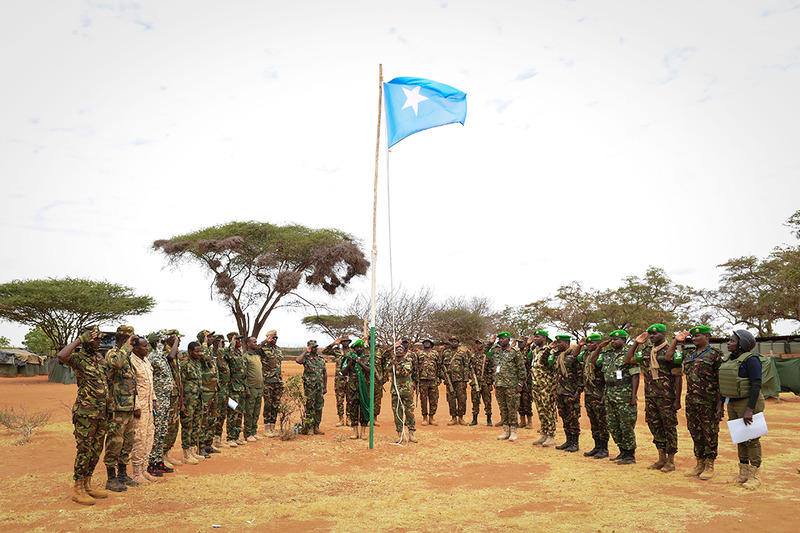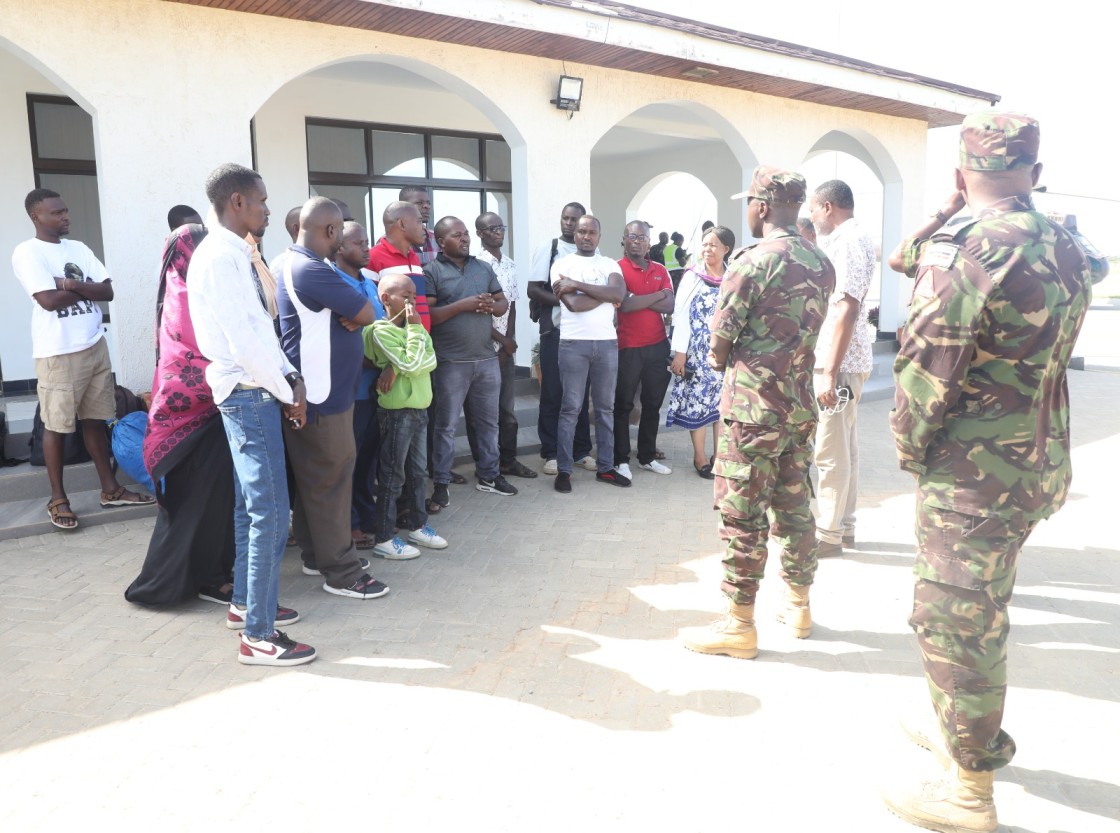Kenya, Ethiopia spy chiefs meet in Addis Ababa in wake of abduction of missionaries
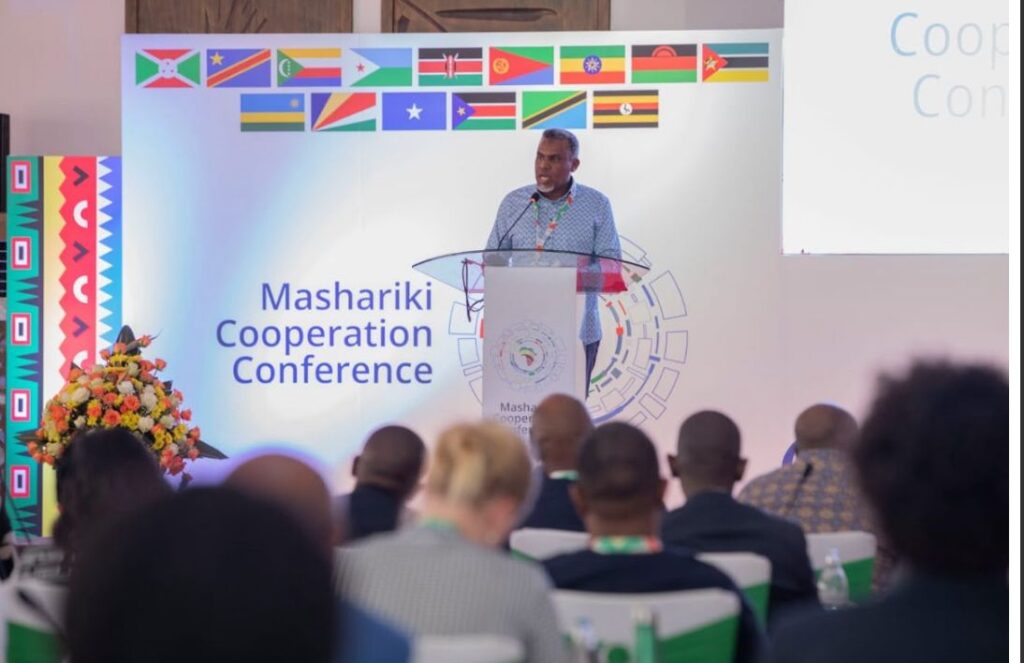
By Mwangi Maina |
The intelligence agencies of both Ethiopia and Kenya have asserted that the OLA has established direct connections with Al-Shabaab militants, accusing these groups of collaborating to undermine security in the region.
Kenya and Ethiopian spy chiefs met in Addis Ababa this week following the recent abduction of two South Korean missionaries in Moyale, Kenya.
Kenya's National Intelligence Service (NIS) Director General Noordin Haji, along with his delegation, was received by his Ethiopian counterpart, Redwan Hussien, the Director General of Ethiopia's National Intelligence and Security Service (NISS), according to reports by Addis Standard.
Keep reading
Addis Ababa claims that the Oromo Liberation Army (OLA), referred to by Ethiopian authorities as "Shene," was responsible for abducting the missionaries and handing them over to Al- Shabaab in Somalia.
The intelligence agencies of both Ethiopia and Kenya have asserted that the OLA has established direct connections with Al-Shabaab militants, accusing these groups of collaborating to undermine security in the region.
The Ethiopian NISS stated that the two countries had previously signed a memorandum of understanding to cooperate on intelligence exchange and other security issues due to shared security concerns along their border.
The NISS further alleged that the OLA, which it refers to as the "Shene terrorist group," has been involved in illegal activities in the border region, including contraband trade, illegal arms trafficking, and illegal mining.
The agency claimed that the group recently abducted the two South Korean nationals and handed them over to Al-Shabaab.
"The group is known to have direct connections with Al-Shabaab, operating in Somalia, and the two groups are collaborating to create insecurity in the area," the NISS statement said.
To counter these threats, Ethiopia and Kenya have decided to enhance their cooperation through joint intelligence exchange and coordinated operations, according to the NISS.
The discussions also covered cybersecurity cooperation, focusing on efforts to prevent and counter future cyber-attacks. Beyond border security, the talks also addressed efforts to stabilise regional conflicts.
The two agencies agreed to collaborate on resolving conflicts and instability in Sudan and South Sudan through peaceful means, aiming to achieve lasting peace and stability in both countries.
Reader comments
Follow Us and Stay Connected!
We'd love for you to join our community and stay updated with our latest stories and updates. Follow us on our social media channels and be part of the conversation!
Let's stay connected and keep the dialogue going!


